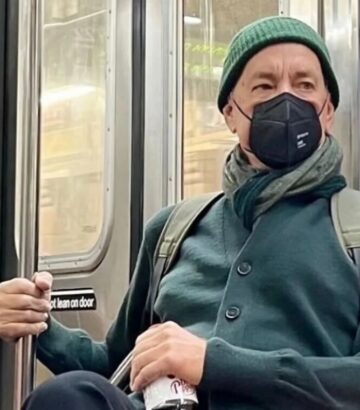Respiratory virus season in 2023-2024 is a significant challenge in the fight against COVID-19. We know that even mild cases of COVID-19 may affect people’s daily lives for several days or weeks, and we all have seen—even among previously healthy individuals—that the repercussions of contracting the virus can be devastating: “Long COVID” symptoms, organ damage, disability, and death. As new vaccines designed to combat the XBB.1.5 and similar variants are becoming available, it is imperative that access to these vaccines be provided to all individuals at risk of infection, including medically vulnerable persons and the elderly. For everyone to receive the important protections that vaccinations provide, it is essential to make these vaccines available to all.
Recently the U.S. Centers for Disease Control and Prevention and Health Canada approved universal access to the new vaccines for everyone over 6 months old. We believe other countries should follow suit. We must move away from the notion that only specific vulnerable populations should receive these new vaccines. Immunity wanes. New variants emerge. So previous immunizations and infections do not necessarily confer future protection. But, by limiting access to vaccines based on vulnerability, we fail to protect the general population and increase the risk of the virus continuing to evolve and circulate.
Vaccination also should not be delayed. The surge in variants observed in recent weeks highlights the urgency of vaccinating individuals before they are exposed to potential risks. For example, the return to school is a primary source of infection for children and families. The recent introduction of new vaccines after the return to school has led to many infections that likely could have been avoided.
In pursuit of widespread vaccination, it is essential to address the issue of access. Cost, availability, and ineffective public health messaging contribute to disparities in vaccine distribution. So we call for healthcare providers and medical doctors both to advocate for universal access and to dispel misinformation. Moreover, a wide set of options should be available using mRNA and non-mRNA vaccines, including the possibility of using them in combination.
Vaccines are an important tool in combating the harms of COVID-19, decreasing deaths, hospitalizations, organ damage, and the impacts of Long COVID. But vaccines do not offer complete protection. Therefore, it is necessary to take a comprehensive approach to minimize infection risks, including mask-wearing, clean-air initiatives with ventilation and air filtering, surveillance testing, and physical distancing. When combined, these measures can effectively reduce the risk of transmission. By implementing these strategies along with vaccination we can reduce the risks of COVID-19, and prioritize the well-being of people worldwide.











